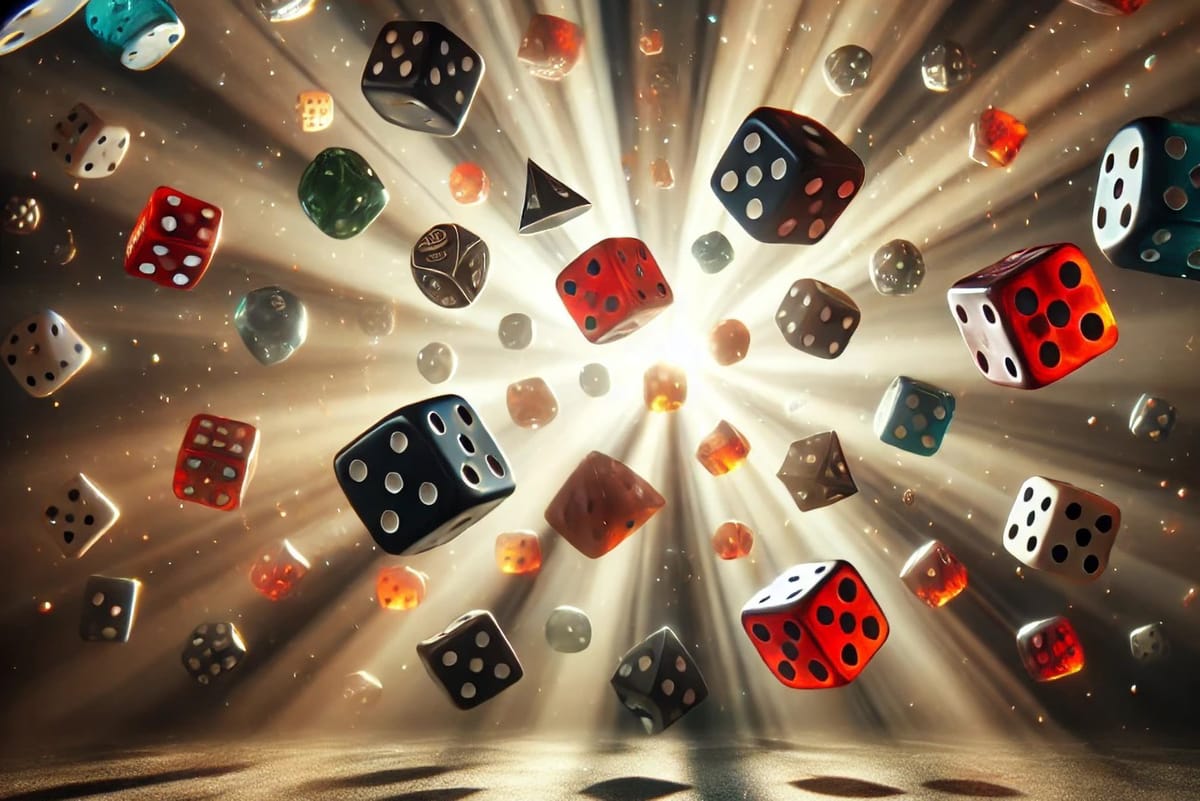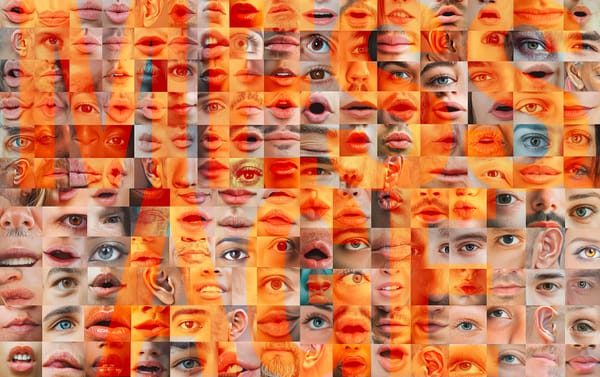Probability in Gambling
Understanding the role of probability in gambling can unlock the secrets behind game outcomes, decision-making, and the ever-present casino advantage, offering valuable insights for both novice and experienced gamblers.

A double-edged sword
Introduction
Gambling, an age-old pastime that thrives on the allure of chance and reward, is intrinsically intertwined with probability. While the thrill of the game often masks the underlying mathematical principles, understanding the role of probability is crucial for both casual players and seasoned gamblers alike. This post explores the intricate relationship between probability and gambling, examining how it influences game outcomes, decision-making, and the overall gambling experience.
Probability as the foundation of gambling
At its core, gambling is a game of chance, and probability serves as the mathematical framework that governs this chance. Every roll of the dice, spin of the roulette wheel, or hand of cards carries a specific probability of various outcomes. For instance, the probability of rolling a seven with two dice is higher than rolling a two, as more combinations yield a seven. This is because six combinations (1-6, 2-5, 3-4, 4-3, 5-2, 6-1) result in a seven, while only one combination results in a two (1-1). This fundamental concept of probability forms the basis for calculating odds, expected values, and house edges in various casino games.
Expected value and decision-making
The concept of expected value, which represents the average outcome of a bet over the long run, relies heavily on probability. By multiplying the probability of each outcome by its respective payoff and summing them, gamblers can determine whether a bet is favourable. However, it is essential to note that expected value in the long term is a theoretical construct and does not guarantee individual wins or losses. In the short term, variance can lead to significant deviations from the expected outcome.
Probability also plays a crucial role in decision-making during gambling. Rational gamblers analyse probabilities and odds to decide which bets to place and how much to wager. For example, a poker player might consider the probability of having a winning hand based on their cards and the community cards on the table. This information, combined with understanding the other players' tendencies, helps them decide whether to fold, call, or raise. While skill and experience undoubtedly play a role, probability provides the foundation for these decisions.
The house edge and the casino's advantage
The house edge, the mathematical advantage that casinos have over players in the long run, is also a product of probability. By designing games with specific payout structures and odds, casinos ensure that the expected value for players is negative. This means that players are statistically likely to lose money over time, while the casino is statistically likely to profit. The house edge varies across games and bets but always ensures the casino's profitability.
Misconceptions and the gambler's fallacy
While probability is often viewed as a tool for gamblers to gain an edge, it can also be a source of misconception and false hope. The gambler's fallacy, the belief that past events influence future outcomes in independent trials, is a common pitfall. It is a common cognitive bias where people believe past events influence future outcomes in independent trials. For instance, after a series of losses on a slot machine, a player might believe that they are due for a win, even though the probability of each spin remains the same. In other words, it is the mistaken belief that past events in a random process influence future events. For example, believing that a coin is "due" to land on heads after several tails is an example of this fallacy.
Similarly, hot and cold streaks can lead to irrational betting patterns, as players chase wins or avoid losses based on recent results, ignoring the underlying probabilities.
Conclusion
In conclusion, the relationship between probability and gambling is complex and multifaceted. Probability provides the mathematical foundation for calculating odds, expected values, and house edges, influencing game outcomes and decision-making. However, it is essential to remember that probability is a long-term concept, and short-term results can vary significantly due to luck and variance. Understanding the role of probability can empower gamblers to make informed decisions, manage their bankrolls responsibly, and avoid falling prey to common misconceptions. By recognising the interplay between probability and chance, gamblers can enhance their understanding of the game, maximise their enjoyment, and potentially increase their chances of success.












